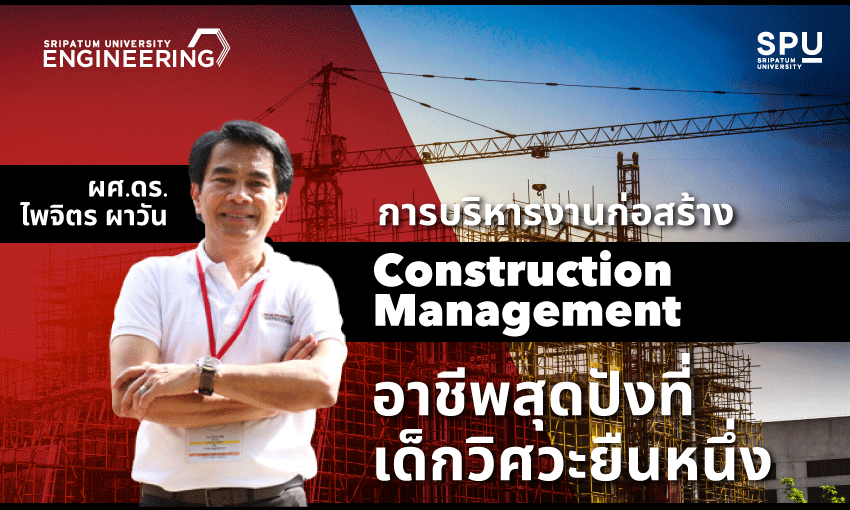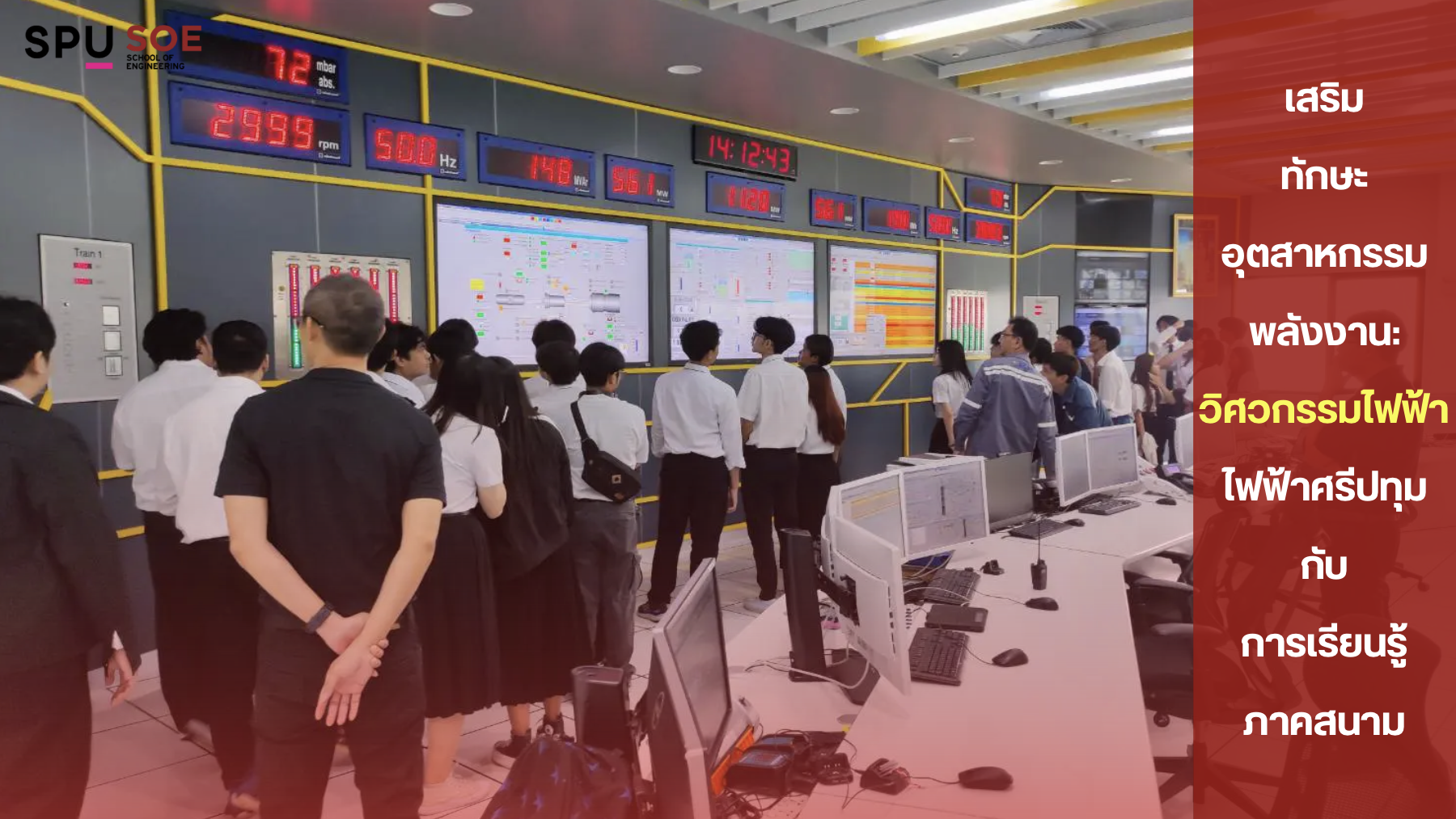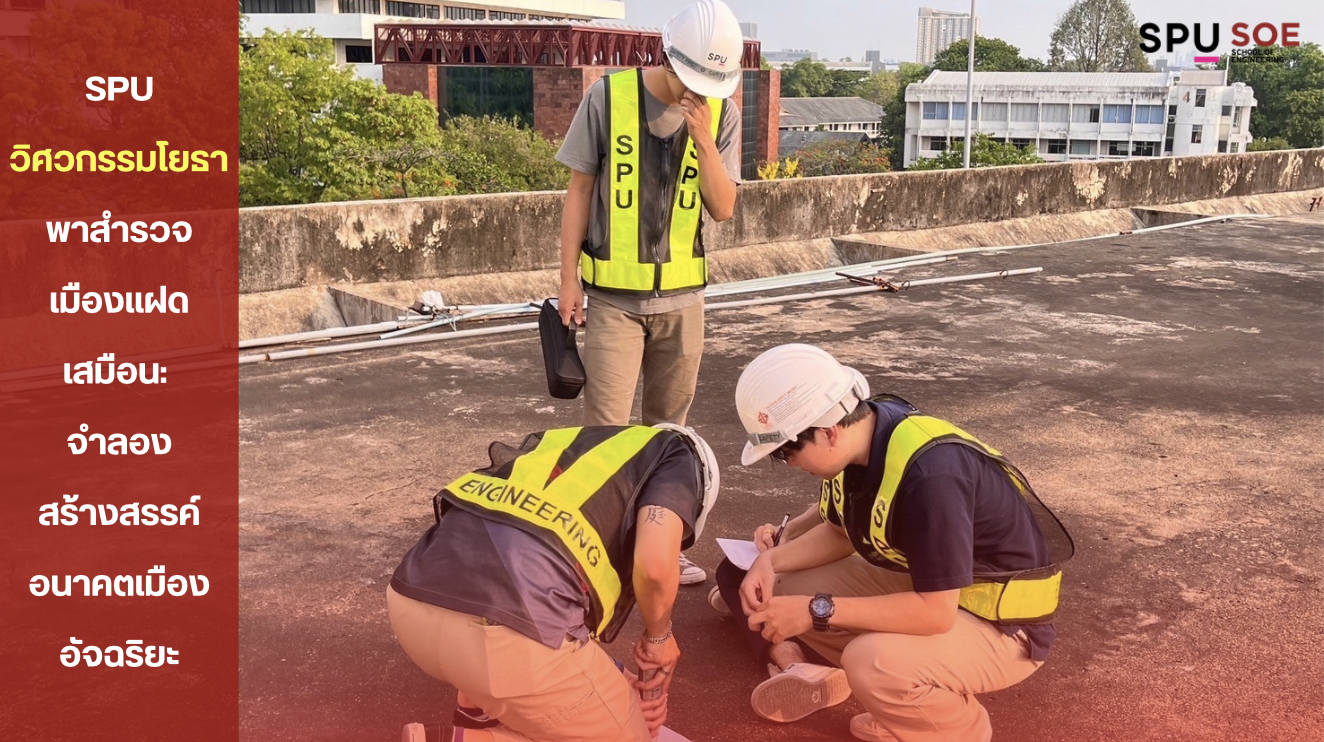Construction Management: The hottest career for engineering students
If we were to mention a career that is widely known among those interested in engineering, Construction Management, or CM, would probably be one of them.
Because in every construction project that is large, complex and involves a lot of money, investors or project owners must hire a company or agent to manage the construction project, which has specialized knowledge, so that the construction project is successfully completed, on time, on budget and according to the project owner’s expectations.
Therefore, the Construction Management career is considered another important career role in the industry, which is in constant demand in the market. It is also considered another dream career for engineering students who will have the opportunity to work in various roles, locations, and opportunities to develop themselves in various areas.
The current role of the CM has expanded from the original, starting from the process of conceptualizing the construction project until it ends after the building has been in use for a period of time, which can be broadly divided into 6 periods:
1. Before designing
2. During design
3. During the bidding process
4. During construction
5. Time of receiving work
6. After receiving the work
It will work together with other project stakeholders such as the Owner, Client, Design Firm, Contractor and Consultant.
Currently, the Faculty of Engineering, Sripatum University, has a course on Construction Management, which has a highly qualified and experienced person, Assistant Professor Dr. Phaichit Phawan, a lecturer with expertise in Construction Management, Project Supervision and Inspection, and Quantitative Survey, as the supervisor of this course.
To create a new generation of engineers to be professionals in project management, instill values in project control as if they were the project owners, including transferring project management skills in terms of time, budget, work acceleration, and problem solving between contractors, which teachers have collected knowledge and long experience working in this field to convey in the classroom in a fun, non-boring atmosphere, with substance and practice taking tests as if performing real duties.
This is another career path that engineering students have occupied for a long time because the working context of CM is not only about the construction process but also involves every step to obtain the construction. Therefore, it requires knowledge and expertise in many areas, whether it is the technical side, such as civil engineering, architecture, electrical, mechanical, or administrative side, such as organization, coordination, human resource management, and negotiation. In addition, one should also know about taxes, legal procedures, laws, finance, accounting, etc.
This makes it a career path that has the opportunity to grow to other positions of responsibility, including the opportunity to become an executive of a large organization that is certainly not too far away.






